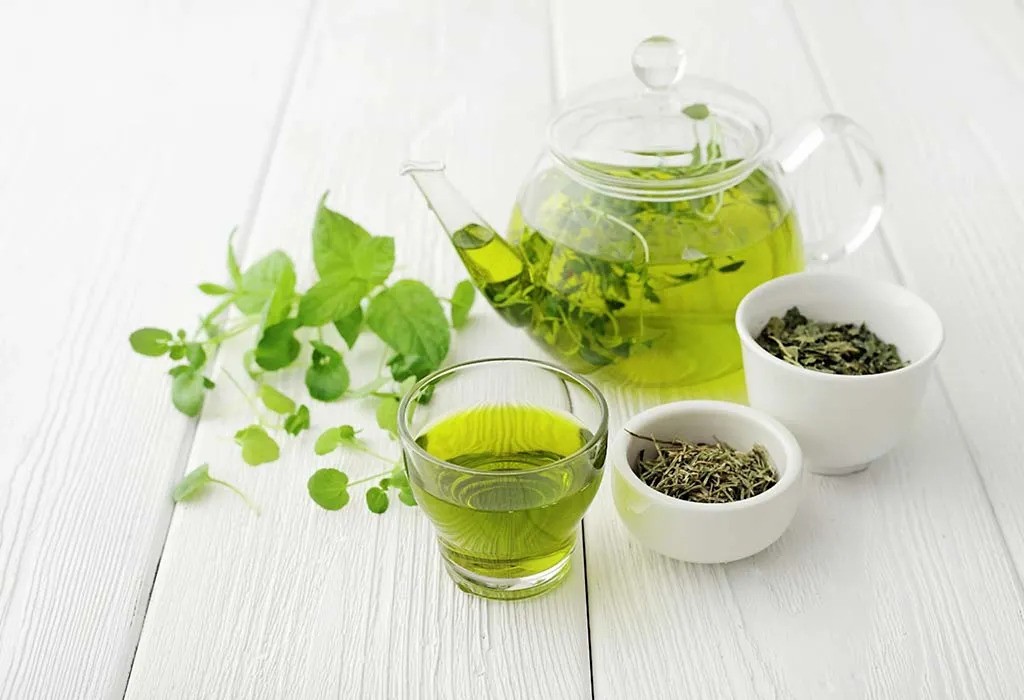
Table of Contents
Why Timing Matters for Green Tea Consumption
Green tea has long been celebrated for its many health benefits. Whether you’re looking to boost metabolism, support brain health, or reduce inflammation, the time you choose to drink a cup of green tea can impact how well your body absorbs its active compounds.
Drinking tea at optimal times may increase the effectiveness of tea polyphenols such as catechins and green tea extracts. Understanding when and how to enjoy green tea allows you to take full advantage of its positive impacts while minimising any negative side effects like sleep disturbances or digestive discomfort.
When to Drink Green Tea for Specific Health Benefits
1. For Weight Loss and Metabolism
Green tea is widely consumed to support weight management. Research suggests that compounds found in green tea, particularly catechins and caffeine, may help boost metabolism, promote fat loss, and assist in managing appetite.
Best time to drink:
- Morning or early afternoon, 30–60 minutes before moderate exercise
Consuming green tea before a workout may maximise fat burning, especially when combined with other healthy lifestyle habits. Unlike coffee or other caffeinated drinks, green tea provides a smoother and more sustained energy lift, thanks to the amino acid L-theanine.
2. For Immune Support
Drinking tea regularly may contribute to immune resilience. The tea’s polyphenols and green tea extracts have shown antiviral and antibacterial properties in some clinical nutrition studies.
Best time to drink:
- About two hours after breakfast or lunch
This allows your body time to digest food and increases the body’s absorption of key compounds. Supporting your immune system consistently may help reduce the likelihood of seasonal illnesses and promote long-term health.
3. For Skin Health
Green tea offers antioxidant and anti-inflammatory properties that may improve skin clarity and protect against sun-related damage. Studies suggest that regular green tea consumption may help reduce acne and improve skin elasticity.
Best time to drink:
- Morning or early afternoon, at least one to two hours after a meal
Avoid drinking it on an empty stomach, as tannins can irritate the digestive system. After enjoying your favourite tea, you can even apply the cooled tea bags over tired eyes to help relieve puffiness.
4. For Cancer Prevention
Green tea contains compounds called catechins, including EGCG, which are powerful antioxidants. A growing body of research, including meta-analyses and systematic reviews, links these compounds with protective effects against various cancers, including hormone-related ones such as breast and prostate cancer.
Best time to drink:
- 1–2 hours after meals in the morning or afternoon
Drinking tea away from meals helps preserve the activity of catechins and supports better absorption into the bloodstream, which may enhance their protective mechanisms.
5. For Heart Health
Green tea may have a role in reducing the risk of heart disease by lowering inflammation and supporting healthy cholesterol levels. Studies suggest daily consumption of green tea is linked to a lower risk of cardiovascular issues and stroke.
Best time to drink:
- In the morning or early afternoon, between meals
Regular intake can contribute to better blood vessel function, reduced high blood pressure risk, and improved circulation.
6. For Brain Function and Mental Focus
Green tea’s blend of caffeine and L-theanine can provide gentle alertness, unlike coffee, which may lead to jitteriness or spikes in energy. Green tea may support memory, attention, and even help protect against conditions like Alzheimer’s disease.
Best time to drink:
- Morning or early afternoon
This timing ensures you stay sharp during the day without interfering with your ability to fall asleep at night. Drinking green tea too late may result in sleep disturbances for some individuals.
When to Avoid Drinking Green Tea
Despite its positive effects, there are times when green tea may not be beneficial:
- On an empty stomach: Tea polyphenols, especially tannins, can be harsh and may lead to nausea or acid reflux.
- During meals: Eating can interfere with the absorption of EGCG and iron, reducing the tea’s effectiveness.
- Late in the evening: Green tea is a source of caffeine. Drinking it too late in the day can affect sleep quality and lead to increased restlessness.
People with certain conditions — such as acid reflux, liver concerns, or sensitivity to caffeine — should also be cautious. There have been rare cases where excessive green tea consumption or concentrated tea extract supplements led to liver damage.
Green Tea and Caffeine Content
While green tea is caffeinated, its caffeine content is lower than that of black tea or coffee:
- Coffee: 80–100 mg per cup
- Green tea: Around 30–50 mg per cup
- Decaffeinated green tea: Typically contains less than 5 mg
Thanks to the presence of L-theanine, green tea tends to create a gentler cognitive effect and fewer spikes in heart rate or blood pressure, offering a more balanced alternative to other caffeinated drinks.
For more information about green tea caffeine, read this article.
Green Tea Tips for Maximum Benefit
To maximise the health benefits of your tea:
- Use the right water temperature: Avoid boiling water. Ideal temperature is around 80°C.
- Watch your infusing time: Steep your green tea for 2–3 minutes to avoid bitterness while preserving antioxidants.
- Add lemon juice if desired: Some find that adding citrus may improve flavour and antioxidant stability.
Choosing high-quality loose-leaf teas or well-sourced tea bags may also improve your overall experience.
Final Thoughts
The best time to drink green tea depends on your personal goals. Whether you’re aiming to lose weight, support brain health, or reduce inflammation, adjusting the timing of your green tea routine can unlock its full potential.
Avoid drinking it on an empty stomach or too late in the day, and allow a window between meals to enhance absorption. If you’re sensitive to caffeine or have existing medical conditions, consult a healthcare provider before increasing your green tea intake.
With the right timing and mindful habits, a daily cup of green tea may offer long-lasting health benefits that support both mind and body.




